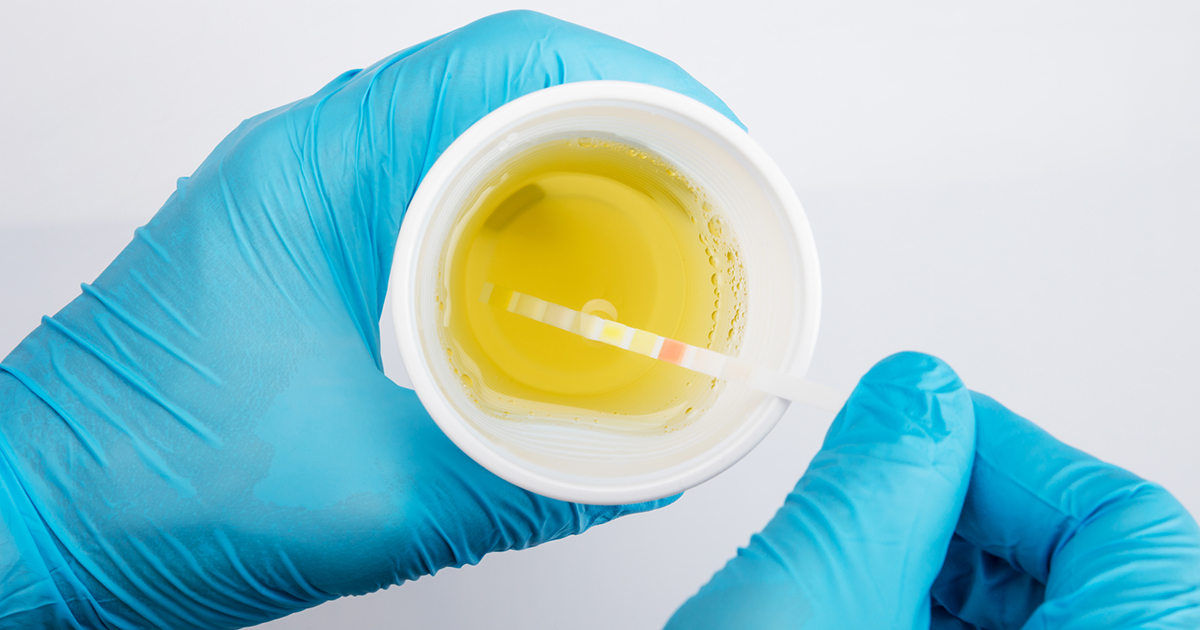What Are The Symptoms Of Glomerulonephritis?
Blood Or Protein In The Urine

Patients with glomerulonephritis could notice blood or protein in their urine. The presence of blood in the urine may make it appear to be the color of rust or cola, and some individuals might experience light pink urine. In some cases, blood in the urine could be present in such small amounts that it is not visible. Doctors will use urine tests to check for very small amounts of blood. If protein is present in the urine, it might appear foamy or bubbly. Patients with these symptoms should have a physical examination and urinalysis, and they may need to be referred to a kidney specialist. Patients who have already been diagnosed with glomerulonephritis should always inform their specialist about any changes they observe in their urine. For example, increasing amounts of urinary blood or foaminess should be reported, and patients should also let their specialist know if they are experiencing any pain.
Urinating More At Night

Glomerulonephritis patients may find they are urinating more at night. This could be due to the disease itself or to the diuretics prescribed to manage edema and related symptoms. Urinating more at night could naturally disrupt sleep, and this could negatively impact the patient's emotional state. It might also lead to weight gain and worsen the patient's control of their blood sugar and blood pressure. Patients who are troubled by frequent urination at night may want to keep a journal of how many times they wake up at night to use the bathroom. This information could be helpful to doctors in planning the patient's treatment. It may be possible to try different medications that might reduce nighttime urination, and patients might want to restrict fluid intake during the evening to improve the overall quality and duration of their sleep.
